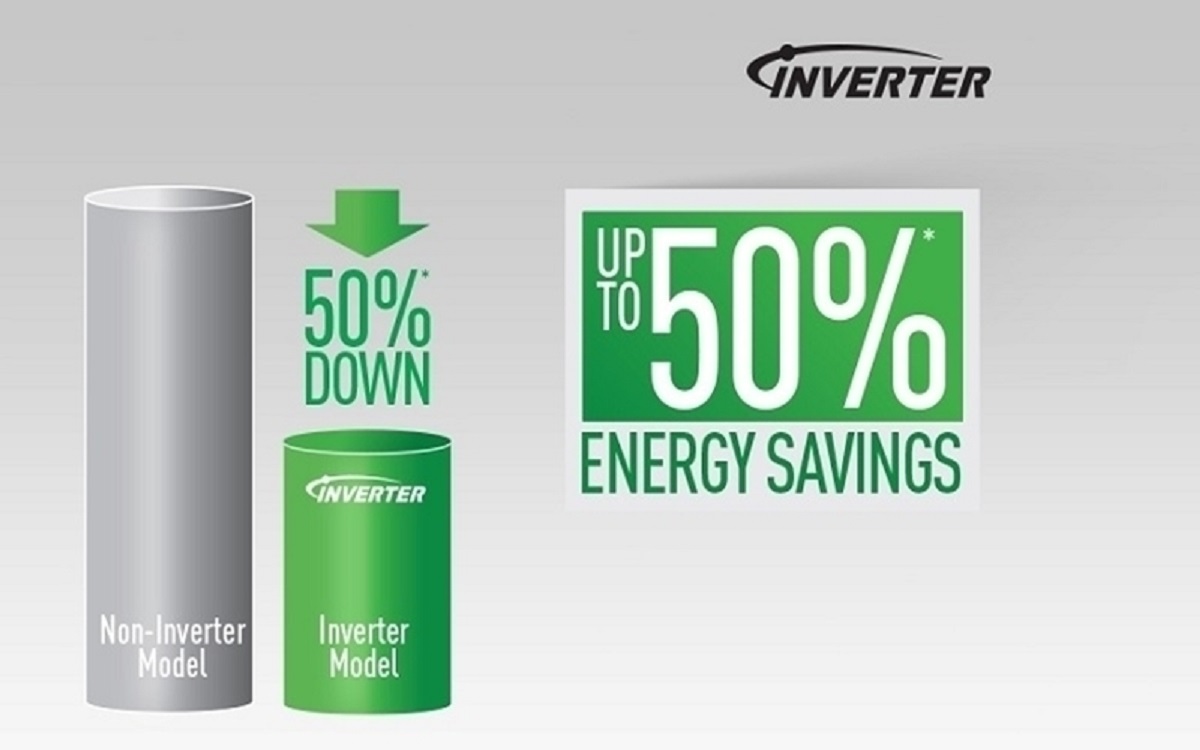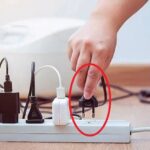
Are you concerned about the significant increase in your household’s electricity bill, despite your best efforts to conserve energy? It’s likely that you’re unaware of some simple tricks to minimize your daily electricity consumption. Let’s explore some useful tips to keep those costs down.
1. Harness Natural Light
A simple way to avoid wasting electricity on indoor lighting is to make the most of natural sunlight. Open your windows and doors to let the sunshine brighten your rooms, eliminating the need for artificial lighting. This trend towards maximizing natural light is also prevalent in modern interior design for many households.

2. Replace Power-Hungry Light Bulbs
Incandescent light bulbs are the most energy-intensive type of lighting available today. If you’re still using these bulbs, it’s time to switch to compact fluorescent lamps (CFLs) or light-emitting diode (LED) bulbs. These alternatives are remarkably energy-efficient, consuming just a quarter of the electricity of incandescent bulbs. Moreover, LED and CFL bulbs last much longer.
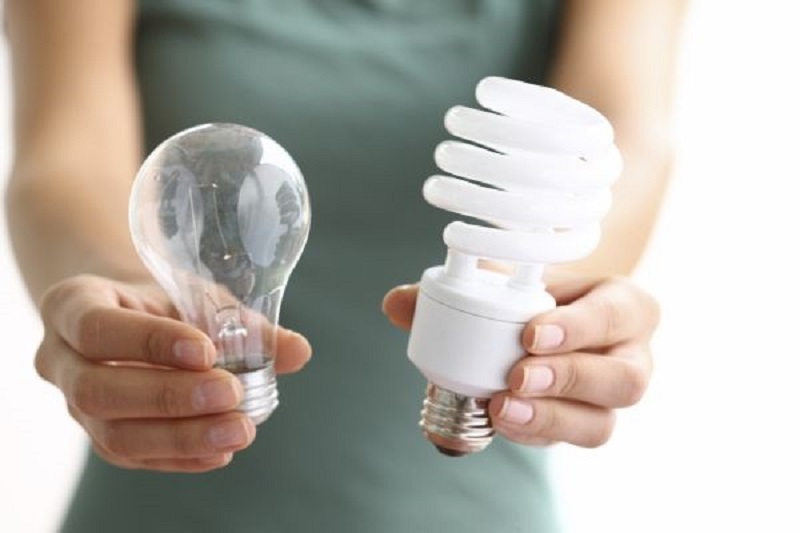
3. Turn Off Appliances When Not in Use
A crucial step in reducing your home’s energy consumption is to turn off appliances and electronics when they’re not in use. This includes the TV, fans, computers, and any other electrical devices in your home. You’ll be surprised at how much you can lower your electricity bill by adopting this simple habit.
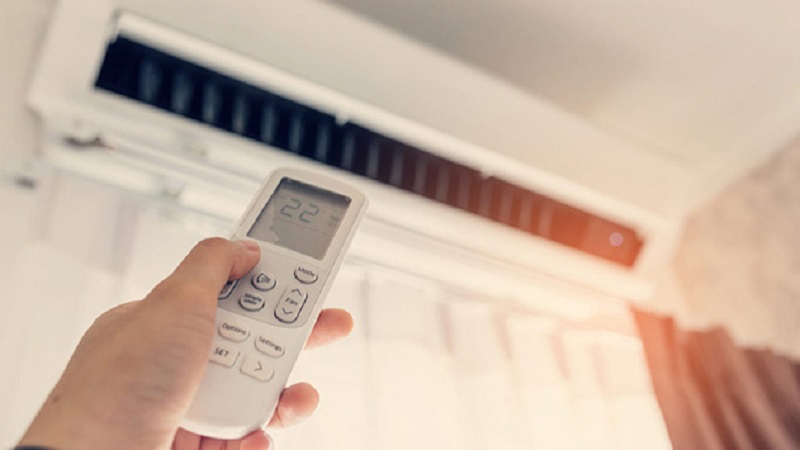
4. Unplug Devices When Possible
Some appliances and electronics continue to draw a small amount of power even when they’re turned off, as long as they remain plugged into an outlet. These include devices like TVs, computers, washing machines, and air conditioners. They’re in a standby mode, waiting to be turned on. To save money on your monthly electricity bill, unplug these devices or switch off the power strip they’re connected to when they’re not in use.
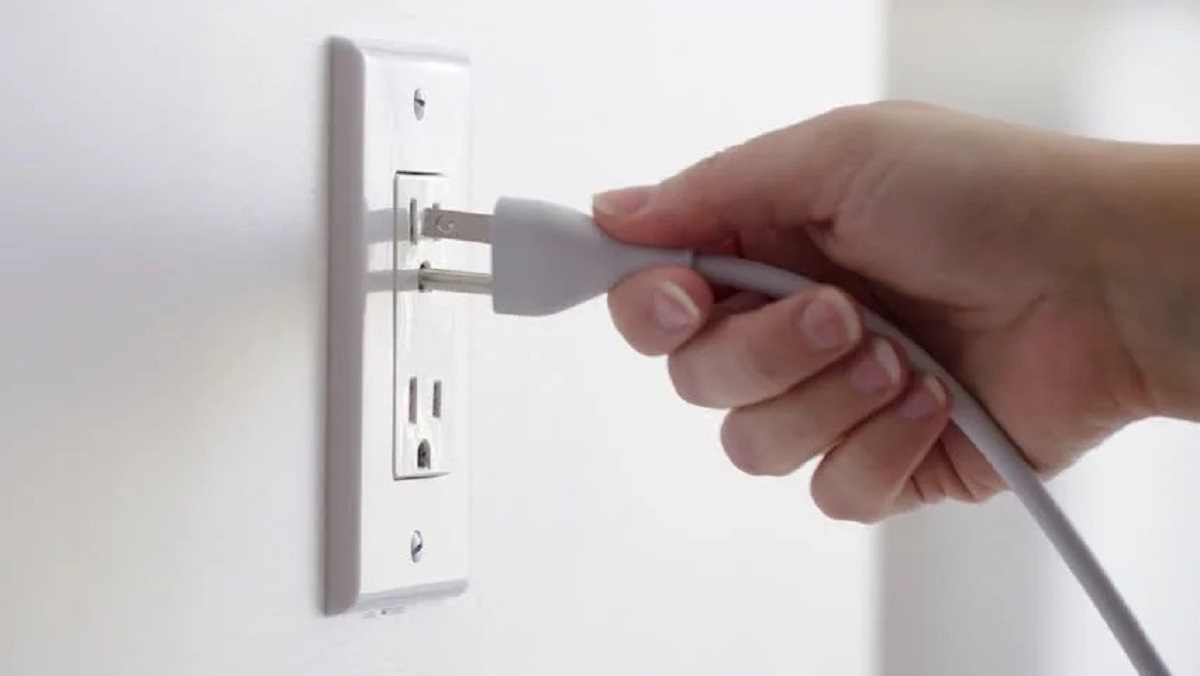
5. Upgrade Old Appliances
When your electronic devices show signs of aging and malfunction, it’s best to replace them with newer models. Older appliances tend to operate inefficiently, consuming more electricity than they should, and they may even pose a fire hazard. By upgrading to newer, more energy-efficient models, you can significantly reduce your monthly electricity consumption. Look for energy labels when shopping for new appliances to choose the most efficient options.
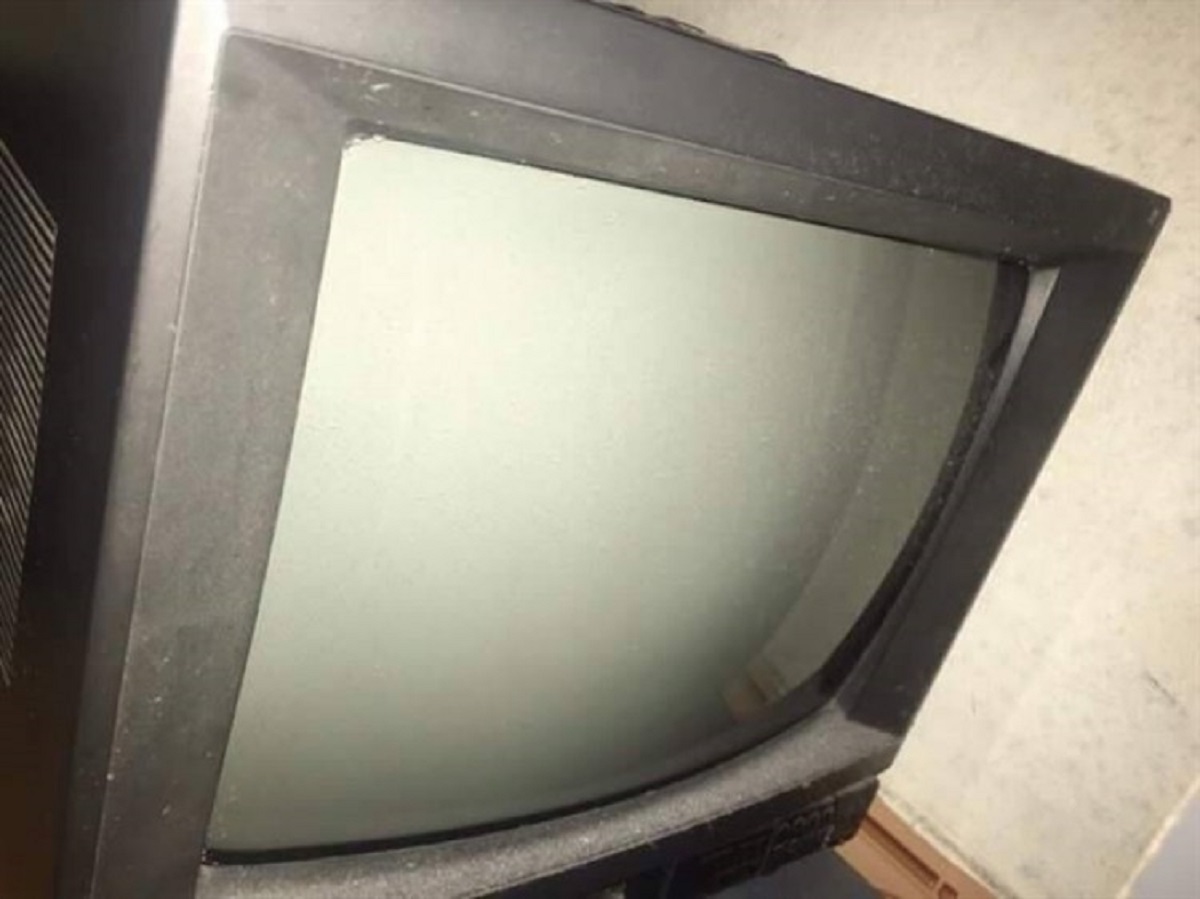
6. Reduce Reliance on Electrical Appliances
With technological advancements, it’s easy to become reliant on machines and modern conveniences. However, this can lead to a significant increase in your electricity bill. For simple tasks like cleaning the house, doing laundry, or washing dishes, consider doing them by hand instead of relying on robots, vacuum cleaners, washing machines, or dishwashers. Reducing this reliance will help you save a substantial amount of money.

7. Use Electrical Appliances Efficiently
Many households are unaware of the optimal ways to use certain electrical appliances, missing out on opportunities to save energy. Here are some tips for common appliances:
– Air Conditioners: Set the temperature to 25-26°C (77-79°F) for efficient cooling without excessive electricity use.
– Refrigerators: Adjust the temperature of the cooling and freezing compartments accordingly, avoiding extreme cold in winter or excessive warmth in summer, which can affect the refrigerator’s performance.
– Water Heaters: During summer, there’s no need to keep the heater on unless there are children or elderly family members at home. Just turn it on for 15-30 minutes as needed, instead of keeping it on continuously.
– Washing Machines: In warm weather, use the regular water temperature setting instead of warm water to save energy.
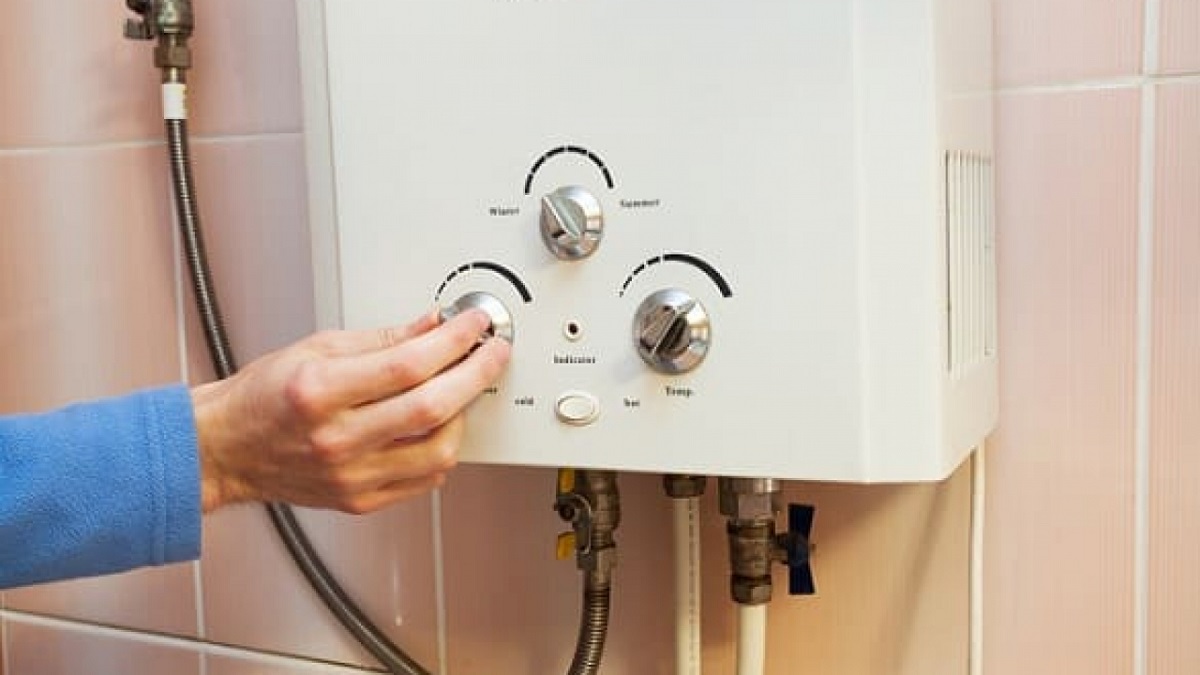
8. Properly Insulate Your Home
One reason your household may be using excessive electricity for air conditioning in the summer and heating in the winter is inadequate insulation. By using insulating materials in areas of your home with extreme temperatures, you can keep your rooms cooler in the summer and warmer in the winter. Proper insulation can reduce the need for frequent air conditioning and heating, leading to significant energy savings.

9. Regularly Clean Your Electrical Appliances
Over time, electrical appliances can accumulate dust and dirt, affecting their performance and energy efficiency. Regular cleaning of these appliances, especially those in constant use like refrigerators, fans, and air conditioners, can help maintain their efficiency, prolong their lifespan, and reduce your monthly electricity costs.
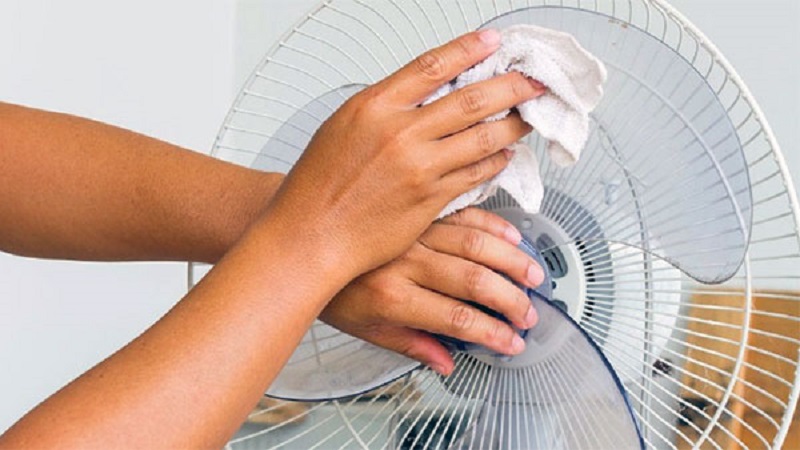
10. Choose Appliances with Inverter Technology
Inverter technology is a special feature in modern appliances that helps reduce electricity consumption. It can save you 20-30% on your monthly electricity bill. Look for appliances with this technology, especially for high-energy-consuming devices like air conditioners, washing machines, and refrigerators.
